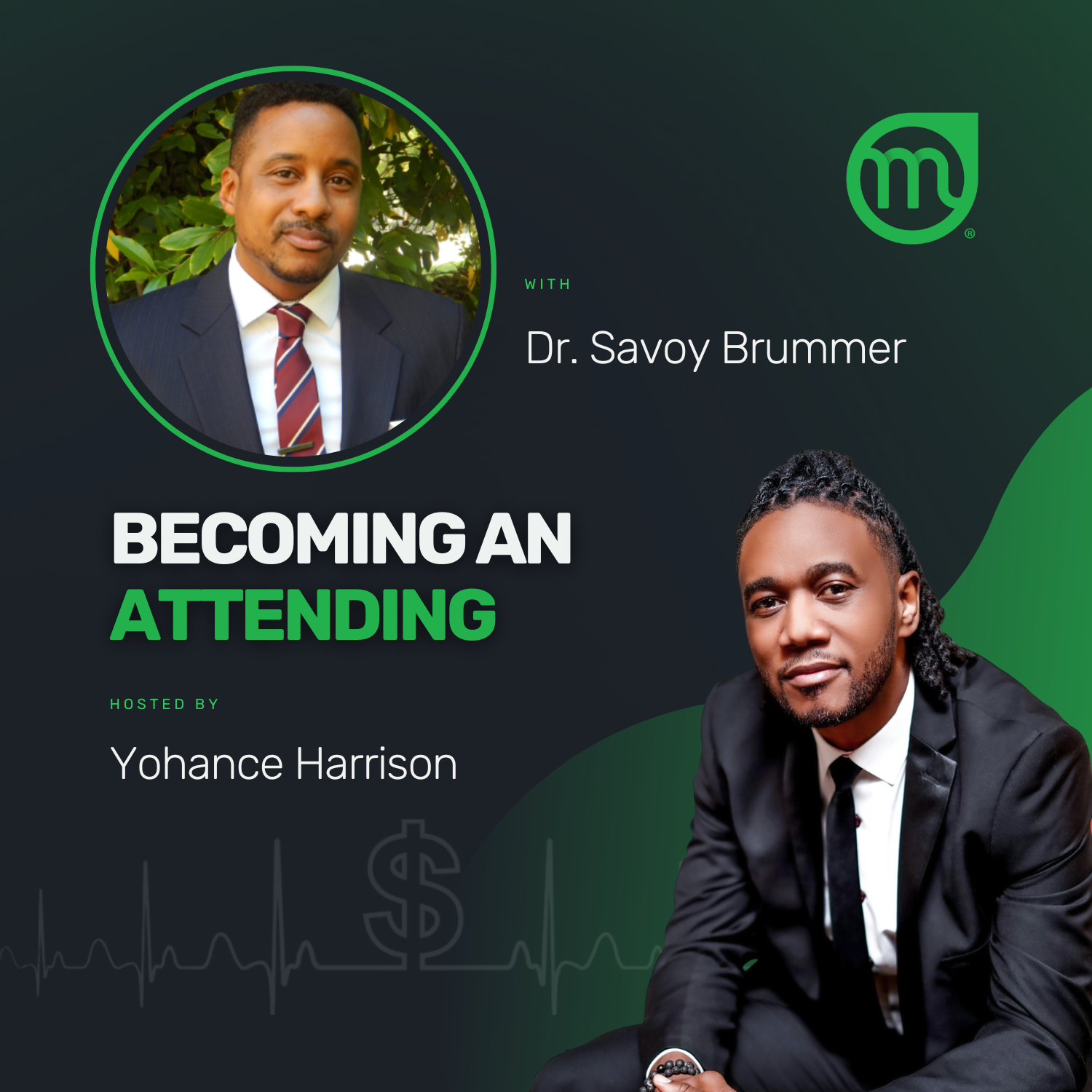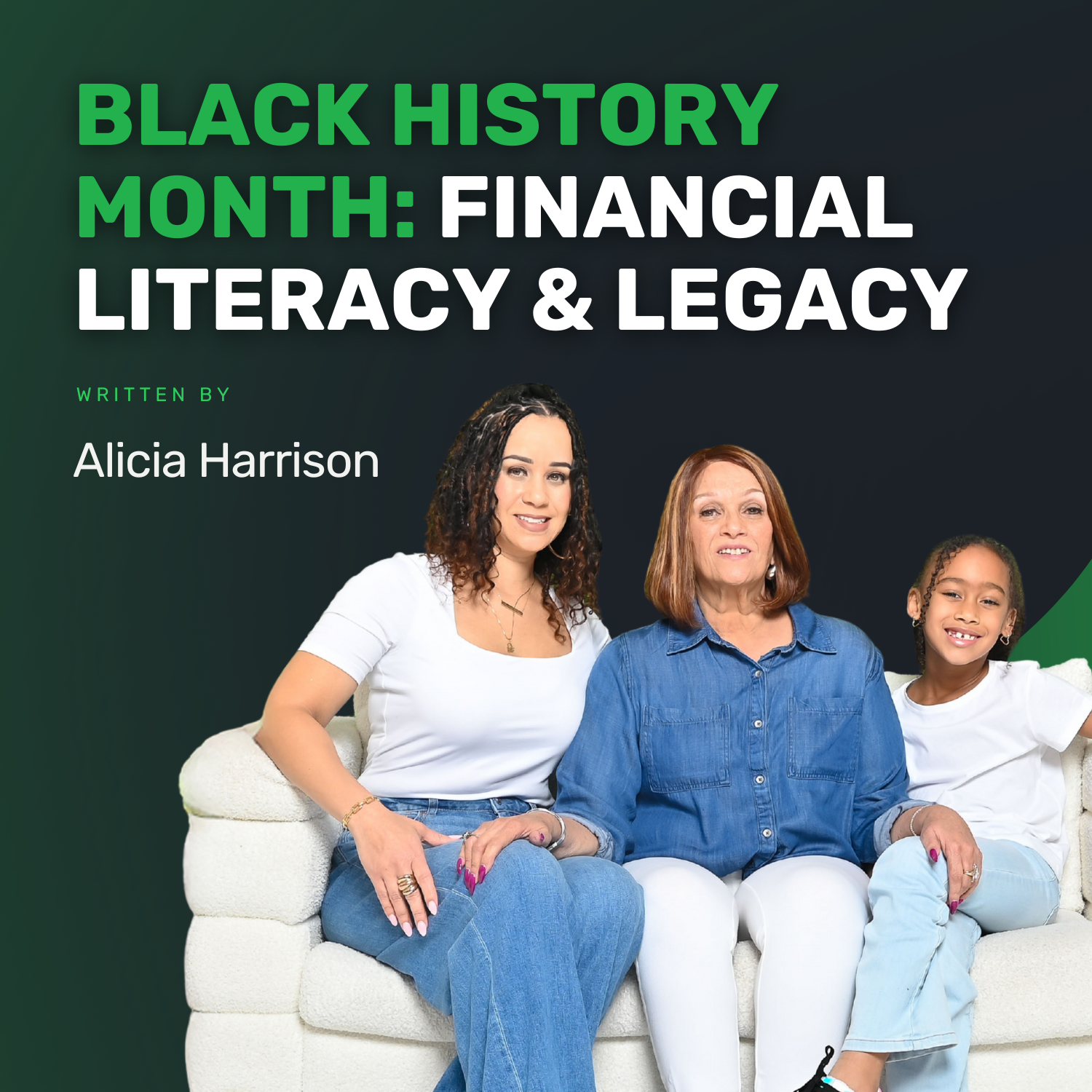
Location, Loans, and Life: A Candid Guide for New Physicians
For medical students, residents, and new attendings, the journey to a successful, satisfying career in medicine is more complex than ever. In this episode of Becoming an Attending on The Money Script Podcast, Dr. Savoy Brummer and host Yohance Harrison break down the critical issues every future physician must understand. This isn’t just about medicine—it’s about life, money, and building a career that’s both sustainable and rewarding.
The Power of Location: Where You Train, Where You Work
“Location, location, location” isn’t just a real estate mantra—it’s a key consideration at every stage of a medical career. Dr. Brummer shares his own path: from Howard University in Washington, D.C., to NYU Medical School in New York, to residency at the University of Pennsylvania, and then onto practice in Atlanta and Los Angeles. Each move was influenced by a mix of social, financial, and professional factors.
He explains that while prestige matters in law, in medicine, “one MD is the same as the other.” For medical students, the advice is clear: prioritize financial feasibility and manageable cost of living over reputation. The location you choose for medical school and residency will impact your debt load and lifestyle, but ultimately, your degree will open doors wherever you go.
When it comes to choosing where to practice as an attending, the calculus changes. Now, factors like state income tax, housing costs, and career opportunities become paramount. States like Texas offer no state income tax and lower housing costs, while California offers unique opportunities in entertainment, content creation, and business, albeit with a “sunshine tax.”
The Changing Landscape of Student Loans
The financial landscape for medical education is shifting rapidly. The episode details recent federal changes: subsidized lending is ending in 2026, and the cap on federal graduate loans is set at $50,000 per year. With tuition and cost of living often exceeding this cap, students are left to cover significant gaps, sometimes at much higher private loan interest rates.
Dr. Brummer and Yohance Harrison emphasize the long-term impact of these changes, especially on underrepresented and marginalized communities. The end of programs like Public Student Loan Forgiveness (PSLF) in July 2026 adds further urgency for current students and residents to act quickly if they want to benefit from these programs.
Financial Strategy: Cost of Living, Practice Models, and Ownership
Choosing where to practice isn’t just about salary. Dr. Brummer outlines the importance of understanding state tax structures, practice models (hospital employment, private practice, private equity groups), and opportunities for ownership. He warns about the instability of some private equity groups and the importance of asking about the financial health of any group or hospital before signing a contract.
He also highlights the value of ownership: “As a partner for my group, I own my practice, and money is being made for me as an owner of the group.” Locum tenens and telemedicine offer flexibility and can be financially rewarding in the short term, but may not offer the long-term stability and ownership opportunities that come with partnership.
Mentorship and Diversification: Building a Life Beyond Medicine
Dr. Brummer’s journey illustrates the power of mentorship and the importance of seeking out champions who can open doors. His move to California was catalyzed by reaching out to a mentor, which led to business opportunities and a more diversified career—including ventures in film production and investments outside medicine.
He encourages young physicians to view becoming an attending as a platform, not a destination. Diversifying income streams, investing wisely, and following creative passions can lead to both financial security and personal fulfillment.
Key Advice for Medical Students, Residents, and New Attendings
- Go where you can afford to go. Don’t let pride or prestige drive you into unmanageable debt.
- Understand the full cost of attendance—including living expenses—and plan accordingly.
- Be strategic about loan choices and stay informed about federal changes.
- Seek mentorship and build relationships—they can open unexpected doors.
- When choosing a job, scrutinize the contract for non-competes, schedule control, and financial stability of the employer.
- Consider ownership and long-term wealth-building opportunities, not just salary.
- Diversify your interests and income—medicine can be a springboard to many other ventures.
Evergreen Takeaways for Aspiring Physicians
- Medicine is a marathon, not a sprint. Financial decisions made early will echo for years.
- Loan forgiveness and subsidy programs are changing—act quickly to benefit.
- Location impacts not just your cost of living, but your career trajectory and lifestyle options.
- Mentorship and networking are as important as clinical skills in building a fulfilling career.
- Ownership and diversification are key to long-term financial health and happiness.
For more insights and mentorship, Dr. Brummer is available on Instagram at @thsavvydoc and LinkedIn. This episode is a must-listen for anyone on the path from student to attending, offering both practical advice and inspiration for building a career—and a life—that works for you.

.svg)





